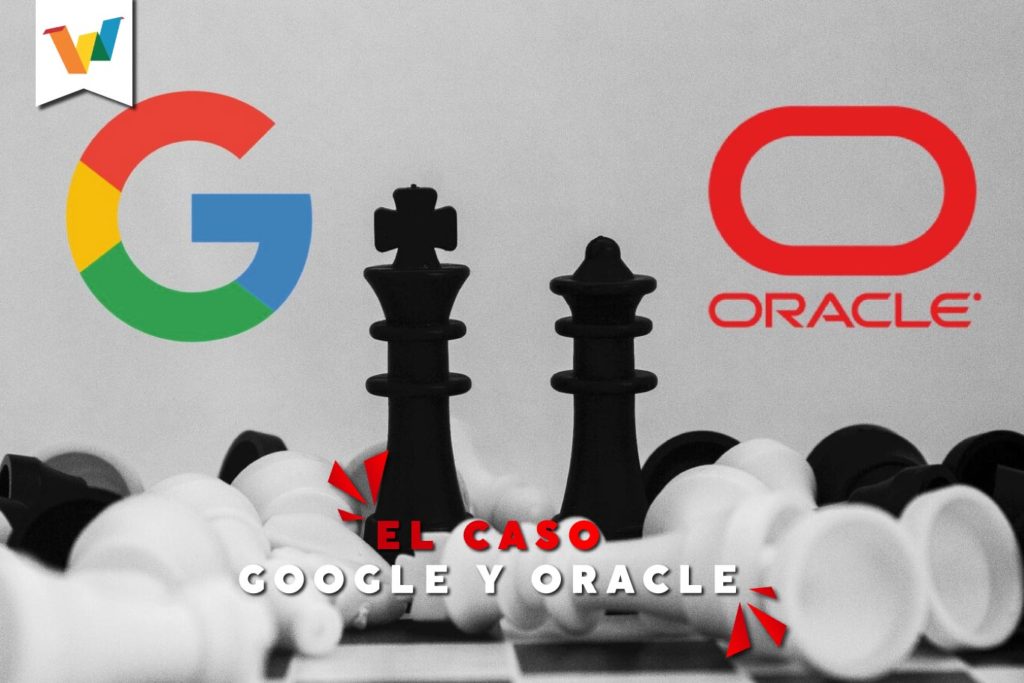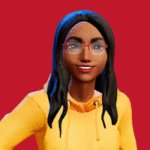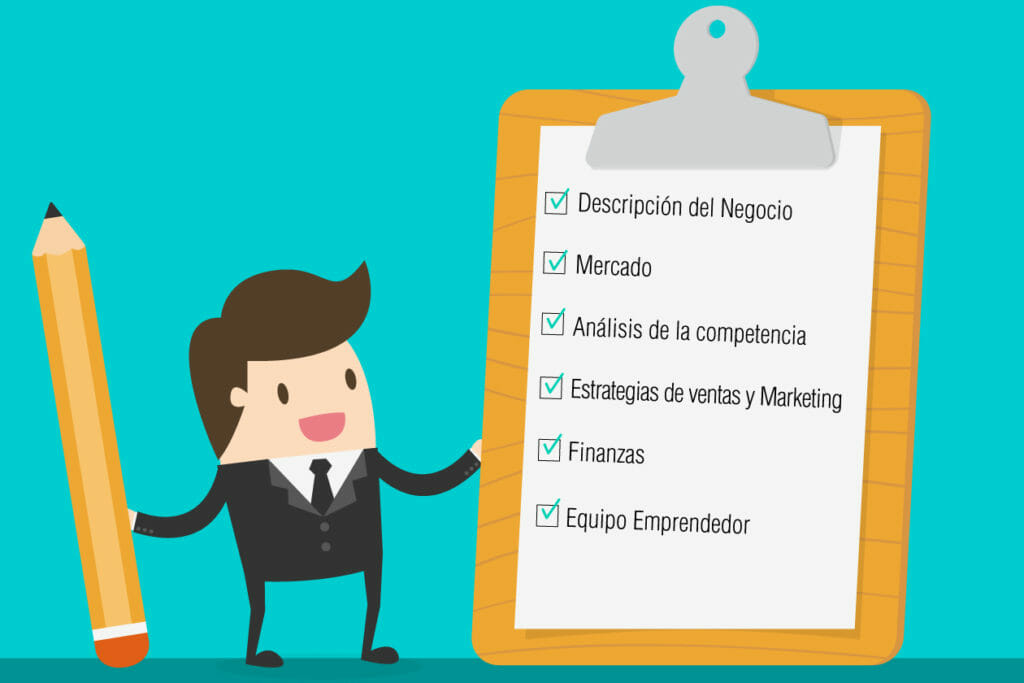The case of Oracle and Google seems to be coming to an end, this Wednesday the Supreme Court of the United States, heard both parts. Where they have expressed their arguments, hoping to end the “copyright of the decade” case.
The idea of putting an end to the case is to determine “how intellectual property works in software” and finally find out if Google misused the Java APIs for the creation of Android.
The beginning of the battle …
The Oracle and Google case began in 2010 when Oracle bought Sun Microsystems and the right to use the Java APIs. Then, he decides to use Google, for using 37 APIs and lines of Java code, to be used in the Android operating system.
Google, affirms that in principle they did not put obstacles to the use of license of Sun Microsystems. Oracle tried to reach an agreement with Google to pay for a license, which it did not accept because the APIs were free to use.
Different meetings in the Court …
After several meetings in court, where they appealed in favor of Google and others in favor of their counterpart, the battle continued. Oracle demanded from Google the sum of 9.300 million dollars for damages caused and benefits of Android. In this sense, Google appeals that the Oracle code was too “functional” to be covered by copyright. To which Google comes out in favor of the sentence, being acquitted for having properly used the Java APIs.
However, in 2018 the sentence that gives Google victory in the battle was repealed. An appeals court recovers the lawsuit and alleges that the use of Java in the creation of Android is not protected by the laws of “fair use” of copyright. That is why Google makes the decision to take the Oracle and Google case to the Supreme Court of the United States, where eight judges who heard last Wednesday, October 7, the arguments of both organizations join.
The Oracle and Google case is in the hands of the Supreme Court of the United States, and its decision before the end of 2020. What we know is that this year has not been easy for Google, since it has been immersed in different slightly uncomfortable situations. What will be the future of the technology giant?







